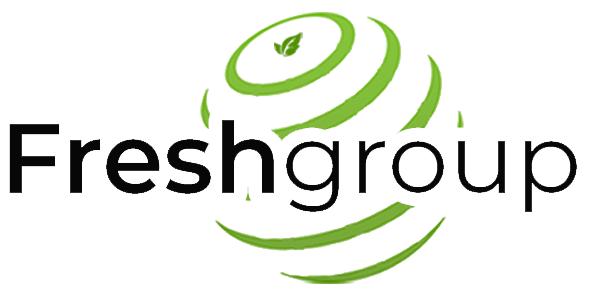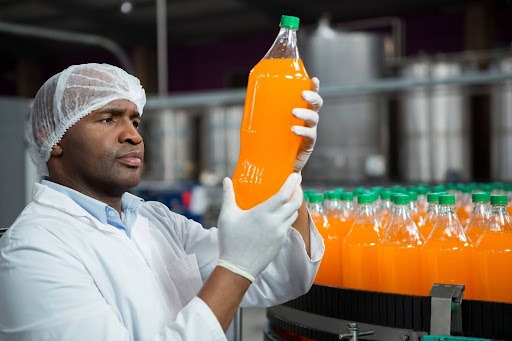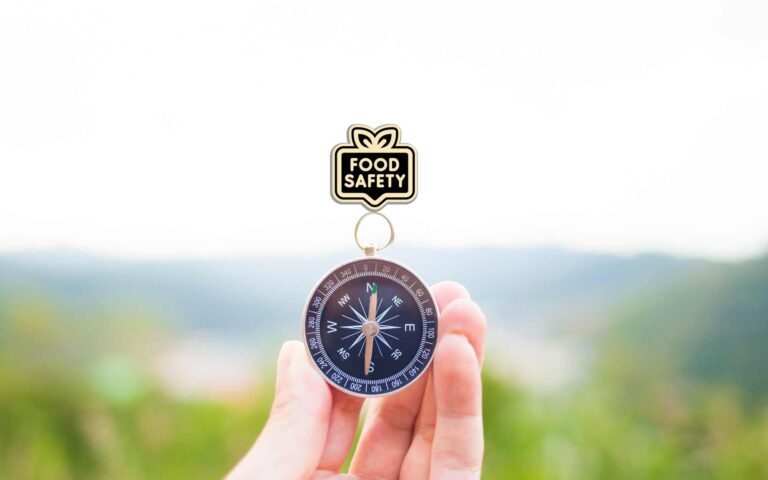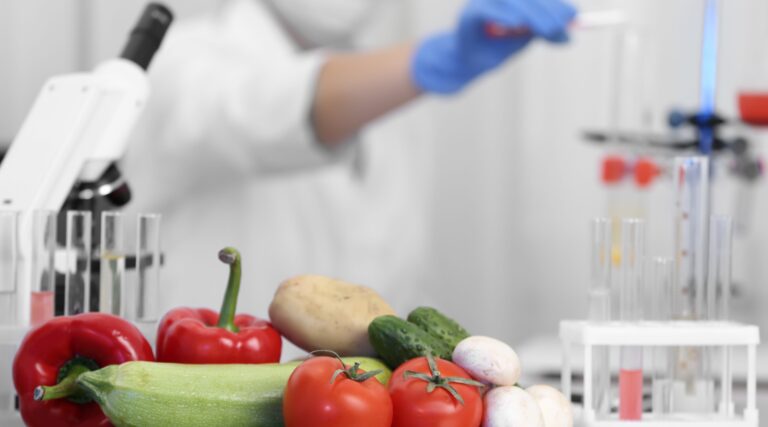The GFSI benchmarking requirements are the most robust and stringent benchmarking requirements for food safety and quality in the food industry. Having a GFSI-recognized certification program certificate for your products assures consumers, retailers, and regulatory bodies that your company adheres to the highest level of food safety standards, fostering confidence in the safety and quality of your products.
Globalization has opened the door to international trade and the food industry is reaping a lot of dividends from the impact of globalization. Despite the efforts to eliminate cross-border trade barriers and the progress made towards this over the years, it is still very challenging to export food and food materials due to the high level of regulations and standards that exist within the food industry; especially the disparities in food laws and standards adopted by different countries.
The reason why the food industry is highly regulated, and the difference that exists in terms of food safety and quality requirements between countries is very understandable. The food industry is highly regulated to ensure public health and safety, as well as to maintain quality standards. Disparities between countries can arise due to different cultural practices, economic capacities, and varying levels of regulatory stringency. These differences may lead to variations in permissible levels of additives used in food, labelling requirements, and food safety and quality standards. Harmonizing international food regulations is an ongoing effort to address these disparities and facilitate global trade while ensuring consumer protection.
One of the many efforts to harmonize the international food standards and regulations is the Global Food Safety Initiative (GFSI). The Global Food Safety Initiative (GFSI) is an action coalition within The Consumer Goods Forum (CGF), comprising 44 retailers and manufacturers. This coalition, along with an extended food safety community, collaborates to oversee and establish food safety standards for businesses.
The core purpose of the GFSI is to benchmark and harmonize food safety certification programs for mutual acceptance with a “once certified, recognized everywhere” approach, thus enabling certified products to gain access to the international market without additional certifications or duplication of audits. With over two decades of providing food safety and quality support for the food industry, GFSI benchmarks are now the most widely recognized and used in the food industry. The Benchmarking Requirements are developed through the consensus of experts and members, utilizing globally recognized standards like ISO and Codex Alimentarius. This consensus creates a widely embraced framework for defining a strong certification program for food safety and quality.
The GFSI benchmarking requirements were first introduced in 2001 and since then, it has undergone frequent updates with input from food safety experts across the world, with the latest update being version 2020. Under the GFSI benchmarking requirements for certification programs, a wide range of scopes are covered; from primary agricultural production of plants and animals down to food service outlets, retail stores, and storage and distribution centres. All players within the food value chain from farm to fork are included. It is important to connect your food business category with the scope covered by the GFSI-recognized certification programs when choosing a certification program. Below are the GFSI-recognized certification programs:
- Brand Reputation through Compliance Global Standard (BRCGS)
- CanadaGAP
- Equitable Food Initiative (EFI)
- Freshcare
- FSSC 22000
- Global Red Meat Standard (GRMS)
- Global Seafood Alliance
- GlobalG.A.P.
- International Featured Standards (IFS)
- Japan Food Safety Management Association (JFSM)
- AsiaGAP
- PrimusGFS
- Safe Quality Food (SQF)
Why do you need a GFSI-recognized certification for your food business?

A GFSI-recognized certification contributes to your food business’ success by improving market access, enhancing supply chain efficiency, and providing a competitive edge in the global market. Now that you’re thinking of getting a GFSI-recognized certification for your food business/products, you need to know that you must select the right certification program that covers the scope of your food business or product. Regardless of where your business belongs along the food supply chain, whether you’re a food manufacturer, a food processor, a storage and distribution centre, a restaurant, a primary producer in agriculture, or a retail store, a GFSI-recognized certification program is available for your business.
To learn more about the GFSI-recognized certification programs and how you can get certified with the right program that covers the scope of your food business unit, book a consultation with one of our food safety and quality experts at Fresh Group. Our assistance won’t just end in a consultation, we will be your trusted partner, guiding your journey to achieving your GFSI-recognized food safety and quality certification goals, right from application to the last step of getting certified.
FSQ Writer: Oluwatobi Eniyandunmo
Reviewed by: Raphael Samson
Kindly reach out to Fresh Group Food Safety And Quality Consulting for any food quality and safety inquiries.




